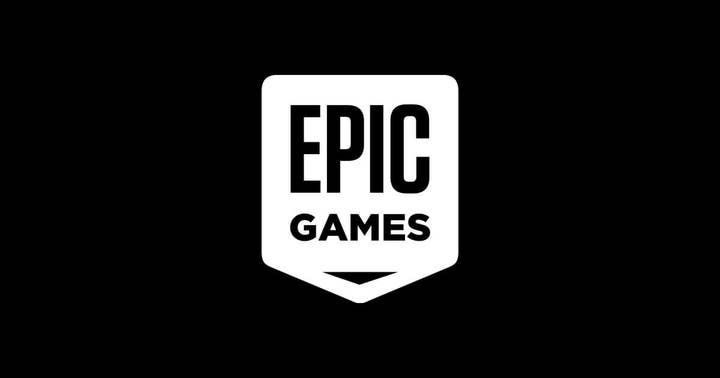Epic files another Supreme Court appeal against Apple
Update: Apple has also made another appeal to the court
Original story, 28 September, 2023: Epic Games has asked the Supreme Court to review a lower court ruling clearing Apple of violating antitrust laws on its App Store.
The Fortnite firm originally appealed to the Supreme Court in July to forbid Apple from preventing developers from directing users to third-party payment systems.
However, Bloomberg reports this was rejected in August.
As reported by GamesBeat, the Fortnite firm is now asking the highest court in the US to rule on broader antitrust legislation that "both pro- and anticompetitive effects is unlawful if a 'less restrictive alternative' will achieve the same benefits while harming competition less."
One of the things Epic specifically wants the court to determine is whether a 'less-restrictive alternative' must be free from costs to Apple, such as the 30% cut.
Apple has until September 28 to file a petition against Epic Games' most recent request, per Bloomberg. The Supreme Court is expected to decide whether or not to take this case by the end of the year.
Earlier this year, the US Ninth Circuit of Appeals supported the 2021 ruling made by the District Court of California that Apple's App Store policies did not violate federal law.
However, the ruling stated that Apple was in violation of California law for anti-steering practices. Apple also filed an appeal with the Supreme Court in July, arguing against the limits of the authority of a federal court.
For a thorough recap of the legal dispute between Epic and Apple, and our coverage of the original court case, be sure to read our extensive roundup.
Update, 29 September, 2023: Apple has asked the Supreme Court to strike down a lower court ruling requiring changes to its App Store.
As reported by Reuters, Apple argued in its filing that the lower court orders given in 2021 "eviscerates the constitutional limitations on federal courts' authority" due to it focusing on one developer rather than a broader group.
"Unless corrected by this Court, [the ruling] would render universal injunctions the default remedy in single-plaintiff cases challenging a generally applicable policy."
Sign up for the GI Daily here to get the biggest news straight to your inbox

